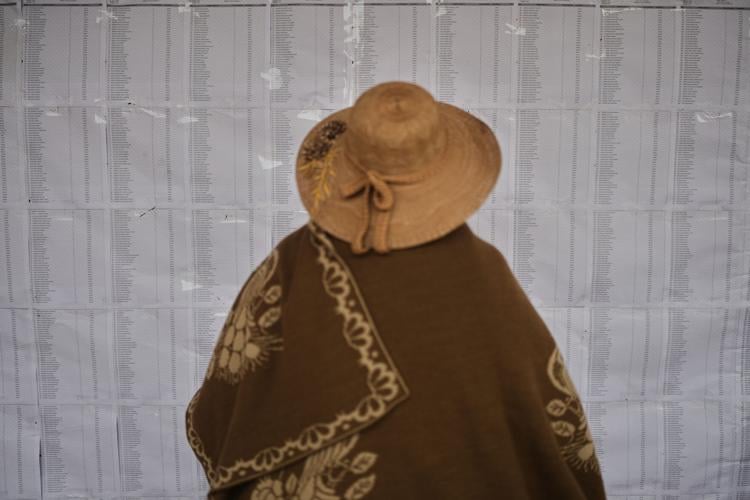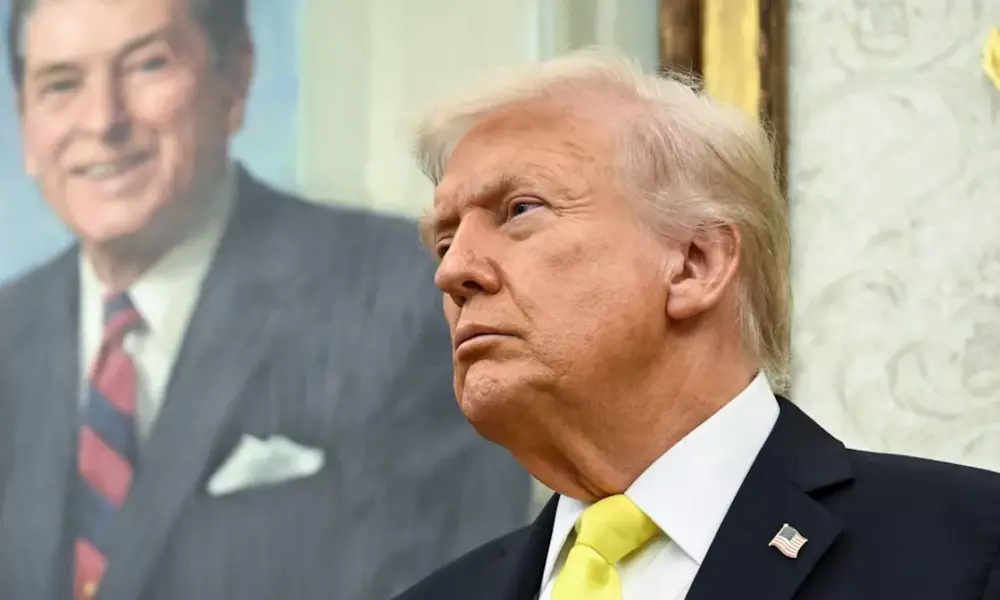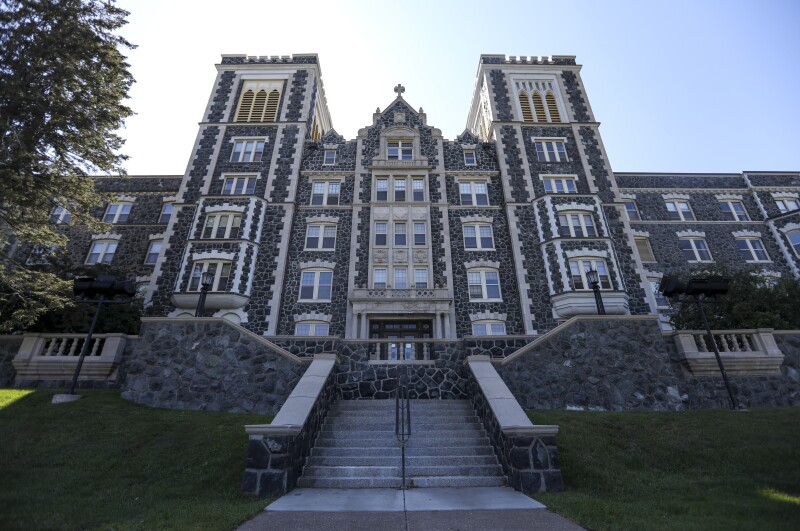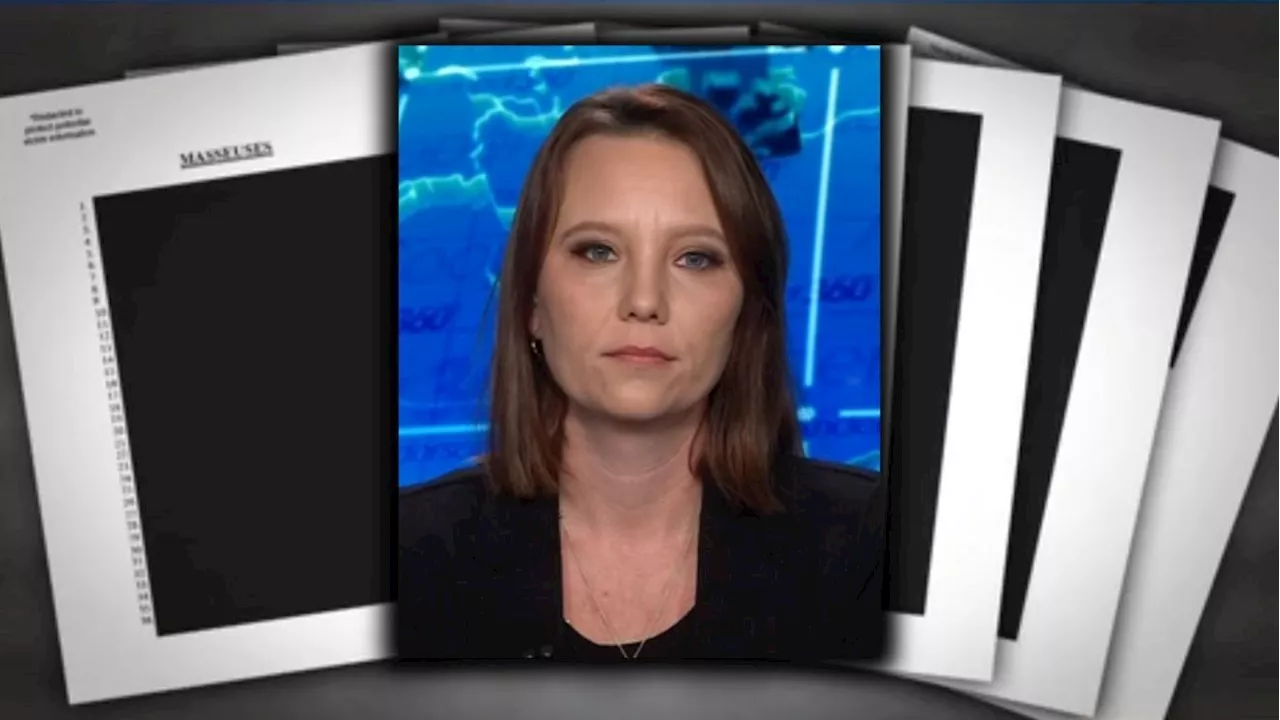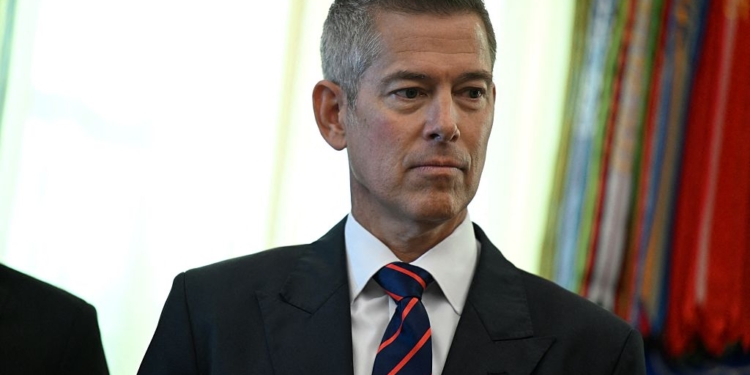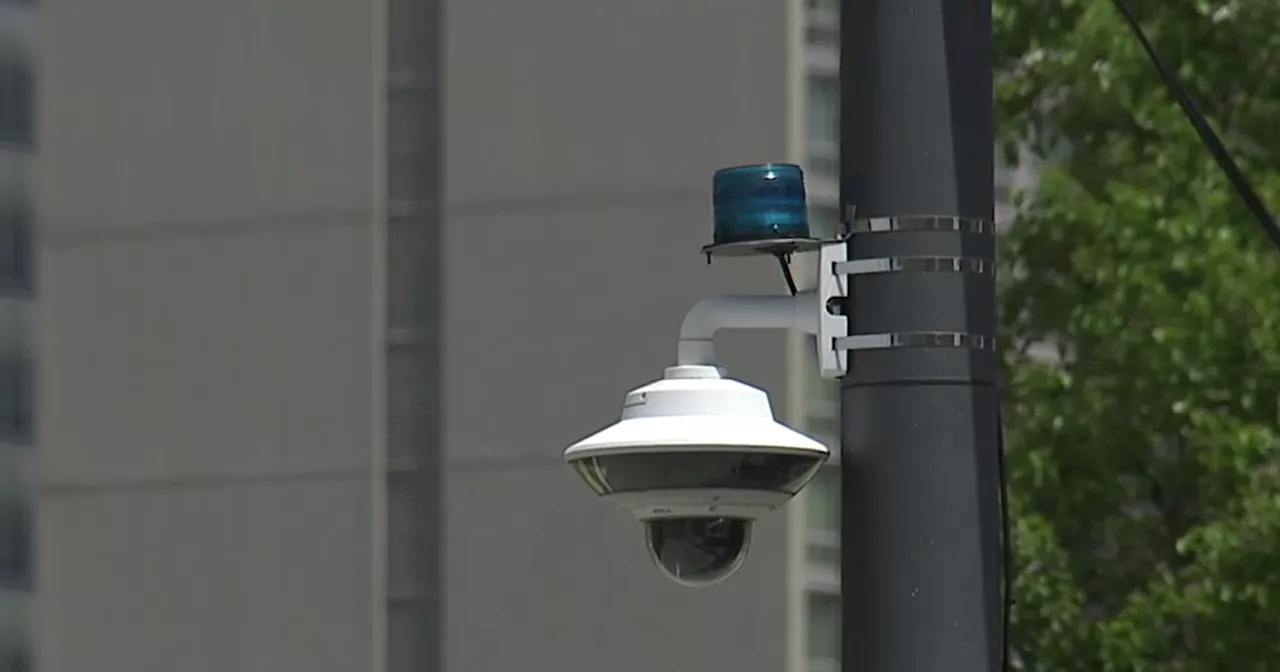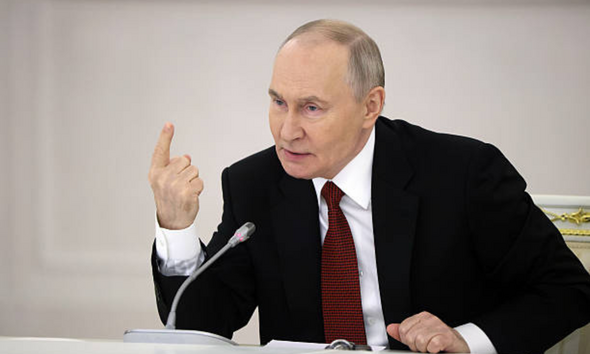In a significant political shift, Bolivians voted on October 22, 2023, in the first presidential runoff in two decades without the ruling MAS party. The election featured former President Jorge Quiroga and current Senator Rodrigo Paz as candidates, amid a backdrop of severe economic challenges facing the nation.
The Context of Change
This runoff represents a pivotal moment for Bolivia, as citizens express their desire for change after 20 years of dominance by the Movement for Socialism (MAS). The party, led by former President Evo Morales, has faced increasing discontent due to economic difficulties, including high inflation and rising unemployment rates.
As voters headed to the polls, they were acutely aware of the dire economic situation. Bolivia’s gross domestic product (GDP) has struggled in recent years, causing many to seek alternatives to the established political order. The election was seen by many as a referendum on the MAS party’s governance and its handling of the economy.
Jorge Quiroga, who previously served as president from 2001 to 2002, campaigned on a platform promising economic revitalization and transparency. His experience in government was a focal point, appealing to voters who are frustrated with the status quo. His campaign emphasized the need for urgent reforms to restore confidence in Bolivia’s economy.
On the other hand, Rodrigo Paz, a prominent figure in Bolivian politics and a senator, positioned himself as a fresh voice advocating for social programs and infrastructure development. His campaign resonated with younger voters and those seeking innovative solutions to Bolivia’s pressing issues.
The runoff was marked by intense debates and a focus on economic recovery strategies. Candidates engaged in vigorous discussions about policies aimed at attracting foreign investment and addressing local poverty.
As the election unfolded, the anticipation among voters was palpable. Polling stations across La Paz and other major cities reported high turnout, reflecting the electorate’s eagerness to shape the future of their country. Citizens expressed hope that their votes would lead to a new direction for Bolivia, one that prioritizes economic stability and growth.
The results of the election are expected to have significant implications for Bolivia’s political landscape and economic policies. As the nation grapples with the aftermath of the runoff, both candidates will be keenly aware of the challenges ahead. The winner will face the task of uniting a divided electorate and addressing the urgent economic issues that prompted calls for change.
Observers from various international organizations monitored the election process, underscoring the importance of a fair and transparent voting system. The outcome will not only determine Bolivia’s leadership but will also influence the region’s political dynamics, particularly in the context of Latin America’s shifting political tides.
With Bolivians eager for a new chapter, the future of the country now rests on the decisions made in the wake of this historic election.

